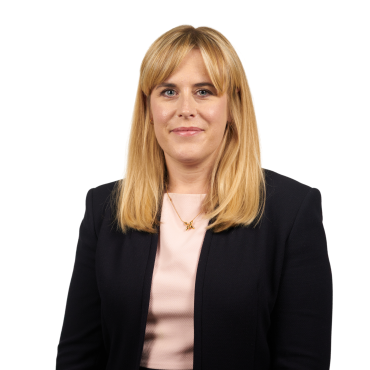Parental Responsibility concerns the rights, duties, powers and responsibilities that a parent has by law towards a child. For example, making decisions about where a child should live and agreeing to their medical treatment. If a child's mother and father are married or in a civil partnership, both automatically have Parental Responsibility.
Acquiring Parental Responsibility
However, if a child's parents are not married or in a civil partnership, only the mother automatically has Parental Responsibility from the child's birth. In this circumstance, fathers may acquire Parental Responsibility in several ways, namely by:
- Subsequently marrying or, from 2 December 2019, becoming the civil partner of the mother, provided that the child is under the age of 18 and the father is domiciled in England and Wales when the marriage takes place.
- Becoming registered as the child's father. This requires the consent of the mother and applies only if the child was born on or after 1 December 2003.
- Entering into a parental responsibility agreement with the child's mother.
- Becoming a formally appointed guardian by the mother or the Court (this only takes effect after the death of the mother).
- Obtaining a parental responsibility order. The Court's paramount consideration when deciding whether to make this order is the welfare of the child.
- The making of a child arrangements order whereby the father is named as the person with whom the child shall live. When the Court makes a CAO naming the father as a person with whom the child lives, it must also make a PR order.
- The making of a child arrangements order whereby the father is named as the person with whom the child is to spend time or otherwise have contact, and the Court decides that it would be appropriate to make a PR order in his favour.
Parental involvement
In cases which involve issues of Parental Responsibility, including applications made to the Court for a child arrangements order, the presumption of parental involvement applies. This provides that in certain circumstances, the Court can presume that parental involvement in a child's life will further the child's welfare.
The presumption will apply where:
- A parent can be involved in the child's life in a way that does not put the child at risk of suffering harm.
- There is no evidence suggesting that any involvement of that parent in the child's life would put the child at risk of suffering harm.
It is expected that a parent of the child will meet this criteria. The presumption can, however, be displaced if there is evidence that a parent's involvement would put the child at risk of suffering harm.
Where there is a dispute about Parental Responsibility, where a child should live or how much time a child should spend with one or both parents, you are encouraged to get legal advice at an early stage. You can contact one of our family law specialists below.


